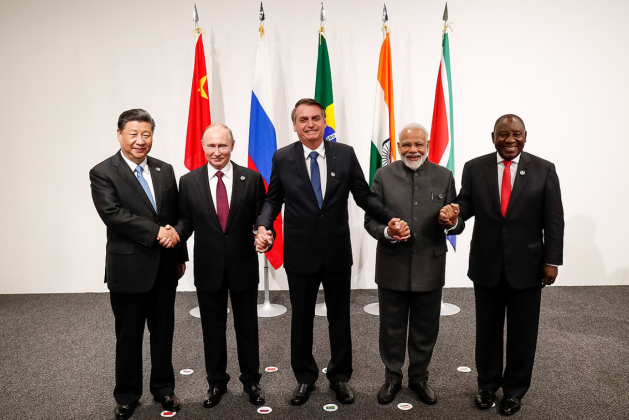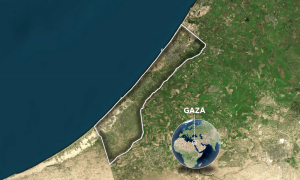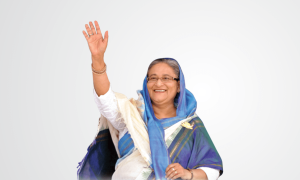In 2009, Brazil, Russia, India, and China formed an alliance called ‘BRIC’. When South Africa joined the following year, the new name of the alliance was ‘BRICS’. In the beginning, however, no one bothered about the alliance. Its success was also doubted. But outside the Western advanced economies, BRICS has now become a powerful alliance. Countries have been able to make their influence and presence known around the world. For this, the eyes of the whole world are now on the 15th summit of the alliance which started yesterday in Johannesburg.
The leaders of other countries except Russia gathered at this conference from 22 to 24 August. Russian President Vladimir Putin is not participating because of an International Court of Justice (ICC) arrest warrant for war crimes in Ukraine. But he will participate through video conference. As South Africa is a member of the ICC, under international law, the country would be bound to arrest Putin if he visited.
According to analysts, the Russia-Ukraine war and alarming levels of geopolitical tensions between the US and China served as the backdrop for the BRICS summit. The meeting could further advance the grouping’s growing position as a force to challenge the US-led global order. The issue of alliance expansion is also expected to move higher up the agenda. Apart from that it has now become a very attractive alliance. At least 40 countries, from Algeria to Argentina, have expressed interest in joining the group.
Central to the alliance’s appeal is its growing economic reach. BRICS countries now have greater purchasing power than the combined gross domestic product (GDP) of the G7 advanced economies. Countries control 26 percent of the global GDP. However, their voting power in the International Monetary Fund (IMF) is only 15 percent.
With such imbalances, there is growing concern in the global South that the US has used the dollar as a weapon through sanctions against Russia. In this, the BRICS countries are individually and collectively trying to increase bilateral trade in their own currencies as well as reduce their dependence on the US currency. Despite the stalemate over the border dispute between the two alliance members, China and India, they did not hesitate to sit at the same table for common interests. In addition to working with the alliance, India, South Africa, and Brazil also want to maintain warm relations with the West.
All in all, the question is – will BRICS emerge as an alternative economic and geopolitical pillar to the US and its allies? Or can internal differences limit the group’s capacity?
Analysts say the influence of the BRICS alliance may increase further. But it does not seem likely to dramatically replace the US-led world order. Rather, fragmented economic and diplomatic alternatives to the existing global system are more likely. Besides, it could create more tension with the West.



I never thought about it that way—great perspective.